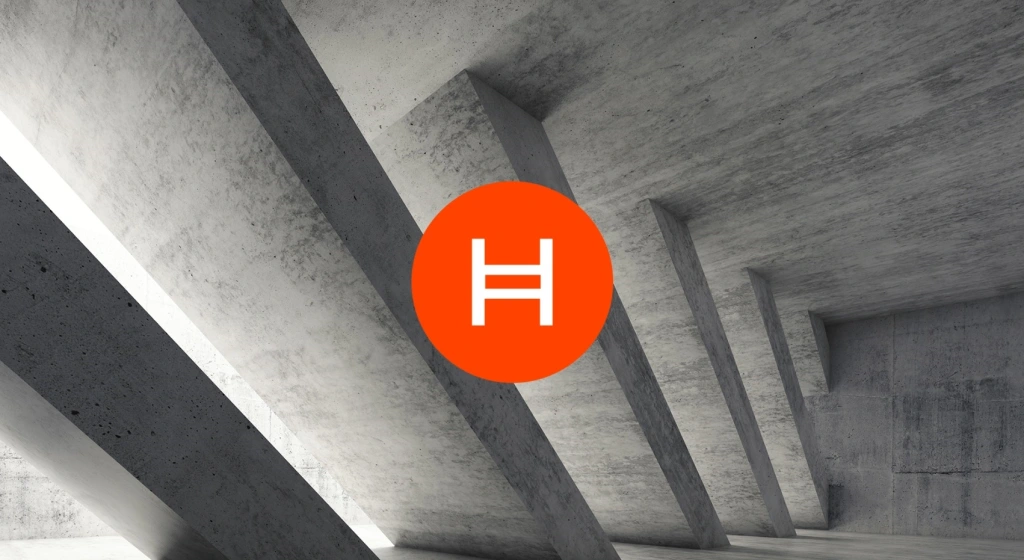The DAO, or Decentralized Autonomous Organization, was a digital decentralized autonomous organization that was built on the Ethereum blockchain. It was intended to be a decentralized investment fund that would be governed by its members, who would vote on how to allocate the organization’s funds.
The idea for the DAO was first proposed in a white paper published in April 2016. The goal of the organization was to create a new way of organizing and governing businesses, one that was transparent, decentralized, and democratically controlled by its members.
To achieve this, the DAO was built on the Ethereum blockchain, which provided a secure, decentralized platform for storing and transferring funds. The organization was structured as a series of smart contracts, which were self-executing computer programs that could manage the organization’s funds and operations without the need for any central authority or intermediaries.
The DAO was launched in May 2016, and quickly gained a lot of attention from the cryptocurrency community. Over the course of a month-long crowdfunding campaign, the organization raised over $150 million from more than 11,000 investors. This made the DAO one of the largest crowdfunding campaigns in history, and it quickly became one of the most talked-about projects in the world of cryptocurrency.
However, the DAO’s success was short-lived. In June 2016, just a month after the organization was launched, a security vulnerability was discovered in the DAO’s code. This allowed an attacker to drain over $50 million worth of Ether, the cryptocurrency used on the Ethereum network, from the DAO’s funds.
DAOs, or decentralized autonomous organizations, are a revolutionary concept in the world of decentralized governance. By using smart contracts on a blockchain, a DAO allows for autonomous operation and decentralized decision-making without the need for a central authority or intermediary.
The idea of a DAO was first introduced in 2013 by Vitalik Buterin, the co-founder of Ethereum. In 2016, The DAO became the first successful implementation of a DAO, raising over $150 million in its initial coin offering (ICO). The DAO was intended to function as a decentralized venture capital fund, where members could vote on which projects to fund using the funds raised during the ICO.
However, The DAO was hacked, leading to a loss of funds for many of its investors and ultimately the failure of the project. Despite this, the concept of a DAO has continued to be explored and developed, with many other organizations using blockchain technology to enable decentralized decision-making and operation.
One of the key advantages of a DAO is that it allows for transparent and democratic decision-making. Because all actions taken by a DAO are recorded on the blockchain, they can be easily audited and verified. This allows for greater accountability and trust within the organization.
Additionally, because a DAO is autonomous and decentralized, it is not subject to the whims or biases of a central authority. Instead, decisions are made based on the consensus of the members of the DAO. This can lead to more efficient and fair decision-making processes.
However, there are also challenges associated with DAOs. Because they are autonomous and decentralized, it can be difficult to make changes or updates to a DAO once it has been established. This can make it challenging to adapt to changing circumstances or incorporate new ideas. Additionally, the lack of a central authority can make it difficult to resolve disputes or address issues within the organization.
Despite these challenges, the concept of a DAO has continued to gain traction, with many organizations exploring the use of blockchain technology to enable decentralized governance. As the technology and infrastructure for DAOs continues to develop, it is likely that we will see more and more organizations using this innovative approach to decision-making and operation.
Check out organizations such as Learn DAO for further info.
- Top 10 A.I. Trends to Look Out for in 2023 - December 12, 2022
- An Introduction to Web4 and Hashgraph, A New Metaverse - December 10, 2022
- Media Management & The Metaverse - December 5, 2022





